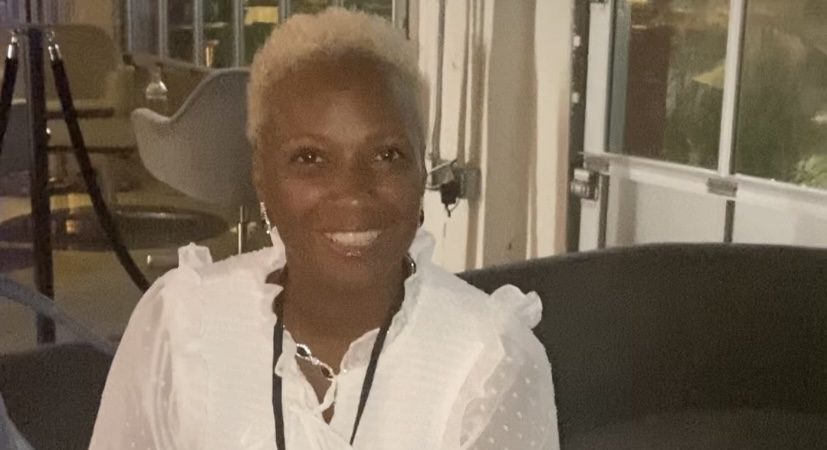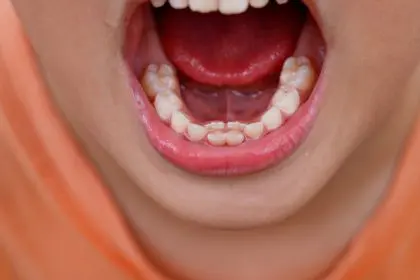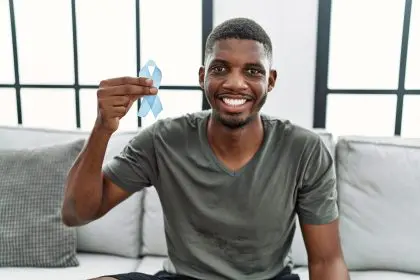
HIV survivor Mechel Miller is grateful the country progressed markedly from 30 years ago when rampant misinformation, fear-mongering and ignorance prevailed, leading people to believe they could contract AIDS from merely touching someone or breathing the same air.
The country was put on the fast track in terms of HIV and AIDS education, research and prevention after NBA legend Magic Johnson announced in 1991 that he had contracted the virus, which was widely feared to be a death sentence then. But the nation has advanced well beyond those archaic, confusing times. Miller discussed this evolution in how people view, combat, treat and live with the virus during the community conversation on HIV and AIDS awareness at The Gilead Community Center on Aug. 17.
Speaking briefly about having HIV in the ’90s, would you say that Magic Johnson’s transparency about his diagnosis changed the trajectory of how HIV and AIDS were viewed?
During that time, there were no medicines or cures that people knew about and people were dying at alarming rates, which [caused] a lot of fear. When Magic Johnson came out and told his truth, it was shocking. We began to see how this could happen to anyone and not only could it happen to anyone, but this man is talking about it and he’s not fearful. His honesty made people aware of what was going on and it also made others feel comfortable having up-front conversations about it.
How can people be more supportive of anyone who has this disease?
Back in 2017, I had gotten sick from meningitis, and I brought my girlfriends together to explain what I was going through. Only one of my friends out of that group knew that I had HIV and she knew for many years, but she never told the rest of the group. I got all of my friends together because I needed them to advocate for me. I was single, and I was by myself, so I needed them to be around while I was in the hospital, but first, I had to reveal to them my status. Although I was afraid to tell them, I eventually just blurted it out. I said, “I need you” and when I communicated this they all gathered around to support me. I think the best thing to do is to remember the people that love you. It doesn’t matter what you might be diagnosed with, if they love you, they will support you.
What do you believe is the biggest misconception about HIV and AIDS?
Some people still think you can catch it by touching someone or from eating from the same utensil as someone who has been infected. As an advocate, one of the main things that I do is make people aware that it’s OK to ask [questions]. I don’t mind anyone asking me about it and no question is a dumb question. If I don’t have the answer, I’m going to research the answer. Our community has to [do] research to educate [people].















